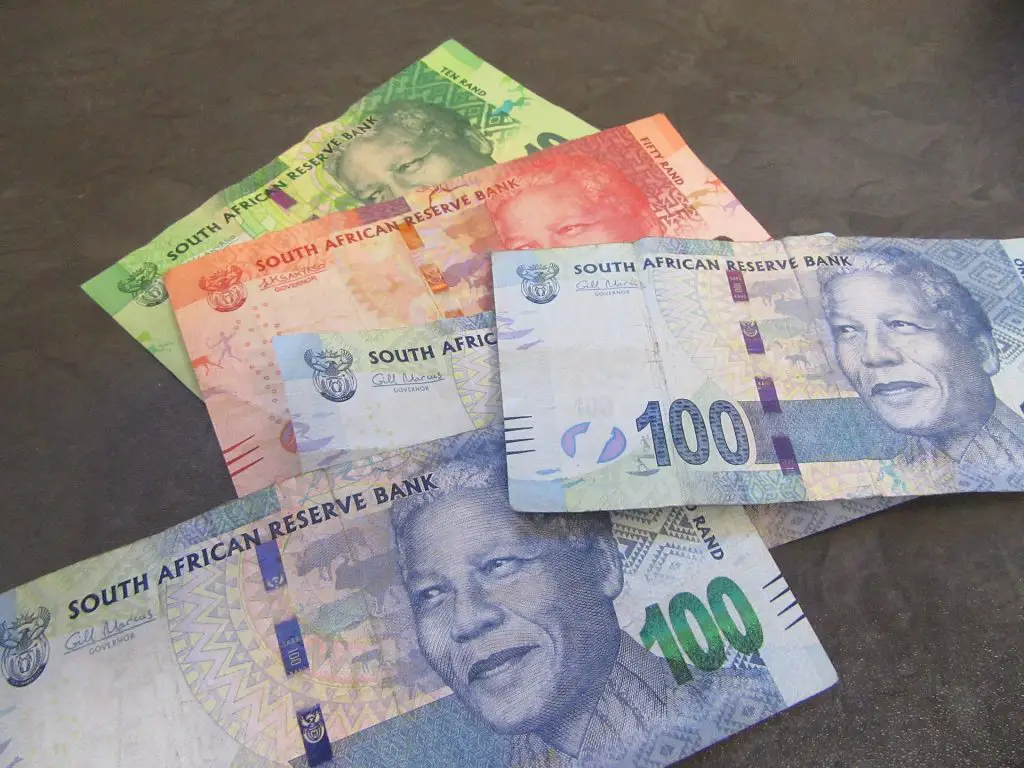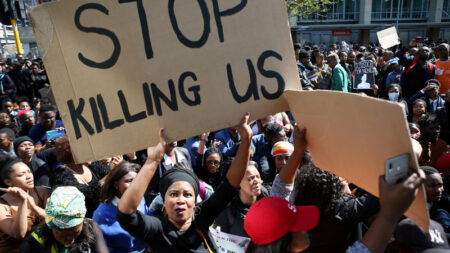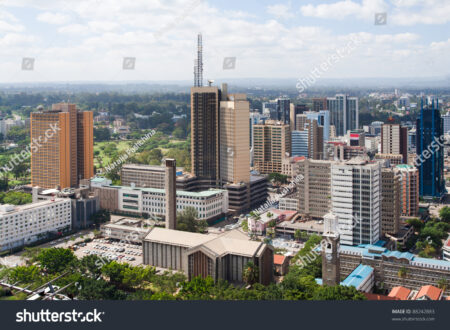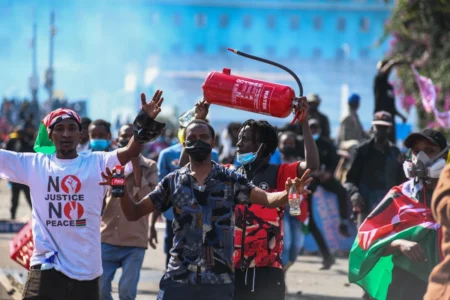South Africa, Africa’s second-largest economy could be in deep trouble, as the nation’s currency—rand eased against the dollar early on Wednesday, whereby the currency kept on sustaining losses a day after the central bank surprisingly cut lending rates, according to information from Reuters.
The nation’s finance minister Tito Mboweni also gave a warning on the possible trail towards a deep recession this year. In a different occasion, the finance minister highlighted that a recession could hit due to the global coronavirus (COVID-19) pandemic, that has put the world economy at risk.
However, South Africa’s diversified economy was already in recession before the COVID-19 pandemic took a large toll on its economy.
READ:Recession could hit Sub-Saharan Africa, World Bank says
At 0625 GMT, the rand traded at 18.4770 per dollar, 0.9 per cent weaker than its previous close, according to data presented by Reuters.
However, according to the South African Reserve Bank governor Lesetja Kganyago, the South African Gross Domestic Product (GDP) in 2020 is expected to contract by 6.1 per cent compared to the 0.2 per cent contraction expected just three weeks ago.
Hence, the South African Reserve Bank on Tuesday reduced its main lending rate by another 100 basis points to 4.25 per cent to address the deepening economic impact of the coronavirus outbreak and signalled further cuts could follow.
Further, according to a South African financial publication, Fin24—Tuesday’s decision was the second major cut in less than a month and the third cut this year, after the central bank cut the rate by one percentage point in mid-March. In mid-January, the bank lowered the rate from 6.5 per cent to 6.25 per cent
In addition, in fixed income, the yield on the 10-year government bond due in 2030 was 0.5 basis points to 10.425 per cent.
The country has the most confirmed coronavirus cases in sub-Saharan Africa, at 2,415, and that number is expected to rise significantly as more tests are conducted in far-flung rural areas and overcrowded informal settlements.
READ:South African rand bounce back from all-time low











